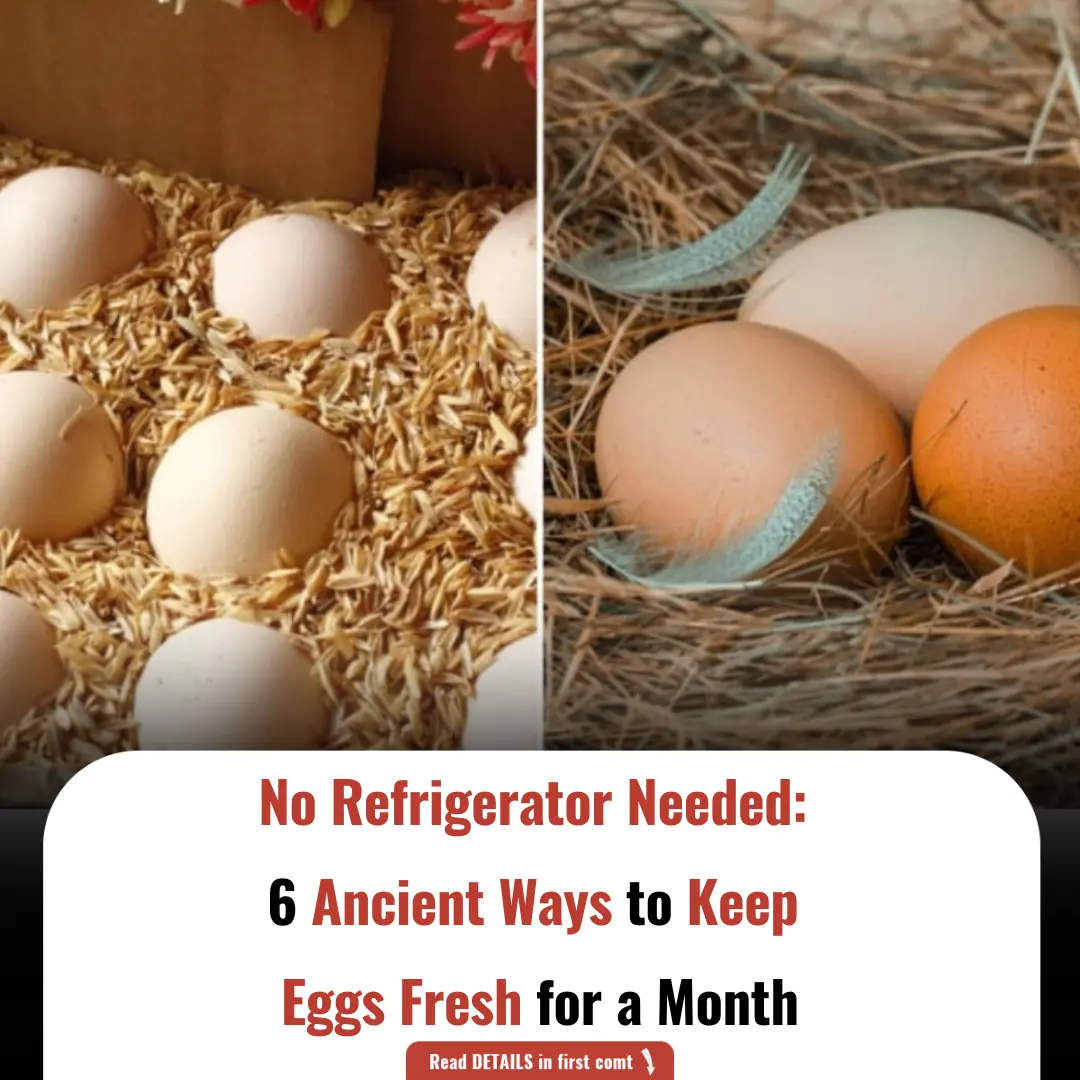
More people are dying from heart failure, doctors warn: give up these 4 habits now

According to a study published in Science Direct, heart failure (HF) has reached epidemic proportions globally, with estimates from the World Health Organization (WHO), the World Heart Federation, and the American Heart Association (AHA) indicating that over 26 million people are currently living with the condition. Alarmingly, that number continues to rise rapidly each year.
Heart failure doesn't mean the heart has completely stopped functioning. Rather, it indicates that the heart is no longer pumping blood as effectively as it should. The body depends on a strong, steady flow of oxygen-rich, nutrient-filled blood, and when the heart can’t meet those demands, it can result in symptoms like fatigue, shortness of breath, swelling in the legs, and even a persistent cough. Over time, simple everyday tasks—walking up stairs, carrying groceries, or even getting dressed—can become physically exhausting.
Can Heart Failure Be Reversed?
Although heart failure is a chronic and progressive condition, that doesn’t mean there’s no hope. With proper treatment, medication, and meaningful lifestyle changes, remission is possible in many cases. This doesn’t mean a complete cure, but rather a significant improvement in symptoms and heart function. That’s why early detection and proactive management are so crucial.
Doctors and researchers have identified four common lifestyle habits that can greatly increase the risk of developing heart failure—or worsen it if you already have the condition. The good news? Each one of these habits can be changed.
1. Consuming Too Much Salt
“Dietary sodium restriction is arguably the most frequent self-care behavior recommended to patients with heart failure,” — AHA/ASA Journal
A high intake of sodium (salt) causes the body to retain excess fluid, leading to swelling and elevated blood pressure. Over time, this puts undue strain on the heart, weakening the heart muscle and increasing the risk of heart failure.
In earlier guidelines from 2005, the American College of Cardiology and the AHA recommended limiting sodium intake to 3,000–4,000 mg per day for most adults. For those with more advanced symptoms, that limit was reduced to around 2,000 mg. More recent guidance continues to emphasize moderate sodium restriction, especially for individuals experiencing volume overload.
How to reduce sodium intake:
-
Avoid processed foods such as canned soups, packaged snacks, instant noodles, and frozen meals.
-
Cook more meals at home using fresh ingredients.
-
Use herbs, spices, lemon juice, or vinegar instead of table salt to add flavor.
-
Always read nutrition labels—many "healthy" items still contain hidden sodium.
2. Leading a Sedentary Lifestyle
Sitting for long periods—whether at a desk, in a car, or on the couch—has become the norm for many people. However, lack of physical activity is one of the leading risk factors for cardiovascular diseases, including heart failure. Regular movement boosts circulation, supports healthy blood pressure, strengthens the heart muscle, and helps maintain a healthy weight.
How to stay active:
-
Aim for at least 150 minutes of moderate-intensity exercise per week (e.g., brisk walking), or 75 minutes of vigorous activity (e.g., running).
-
Take frequent breaks from sitting: stand up, stretch, or take a short walk every hour.
-
Try low-impact activities like swimming, cycling, yoga, or dancing—they’re gentle on the joints but great for the heart.
-
Consider using a smartwatch or pedometer to track your steps and set daily movement goals.
3. Smoking and Excessive Alcohol Consumption
Both smoking and heavy drinking are direct threats to heart health, and their combined impact is especially harmful for individuals at risk of or living with heart failure.
Smoking narrows blood vessels, reduces oxygen supply, and increases blood pressure—all of which accelerate heart damage. Similarly, excessive alcohol intake can lead to alcoholic cardiomyopathy, a condition where the heart muscle weakens due to long-term alcohol abuse.
How to break the habit:
-
If you smoke, seek support to quit—this might include nicotine replacement therapy, counseling, or support groups.
-
If you drink alcohol, keep it within moderate limits: no more than one drink per day for women and two for men.
-
If reducing alcohol is challenging, consider consulting a healthcare provider or joining recovery groups like Alcoholics Anonymous (AA).
4. Chronic Stress and Poor Sleep Hygiene
Your emotional well-being is deeply connected to your heart’s health. Chronic stress increases levels of cortisol, a hormone that can raise blood pressure and inflammation—both risk factors for heart failure. Similarly, insufficient sleep disrupts hormonal balance and weakens the immune system, raising the risk of obesity, diabetes, and hypertension.
Tips for managing stress and improving sleep:
-
Practice mindfulness, deep breathing, or meditation for just 10–15 minutes a day.
-
Engage in hobbies or activities that help you unwind, such as reading, gardening, or listening to music.
-
Maintain a regular sleep schedule, aiming for 7–9 hours of quality sleep each night.
-
Create a bedtime routine: avoid screens at least an hour before bed, keep your bedroom cool and dark, and limit caffeine intake in the evening.
Final Thoughts
Heart failure is a growing global health concern—but it’s not inevitable. Many of the contributing factors are preventable with informed, consistent lifestyle choices. By cutting down on salt, staying active, quitting smoking, drinking in moderation, reducing stress, and prioritizing good sleep, you can significantly lower your risk—or manage your condition more effectively if you've already been diagnosed.
Your heart is a muscle. Treat it like one—nourish it, strengthen it, and give it the care it deserves.
News in the same category


Stomach Pain and Nausea: Causes, Symptoms, and Treatments
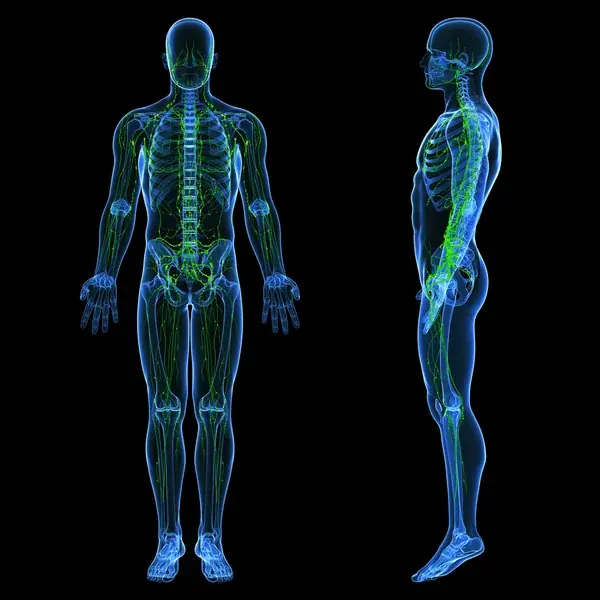
Three-Day Lymphatic Cleanse to Keep You Healthy All Year Long

Three-Day Lymphatic Cleanse to Keep You Healthy All Year Long
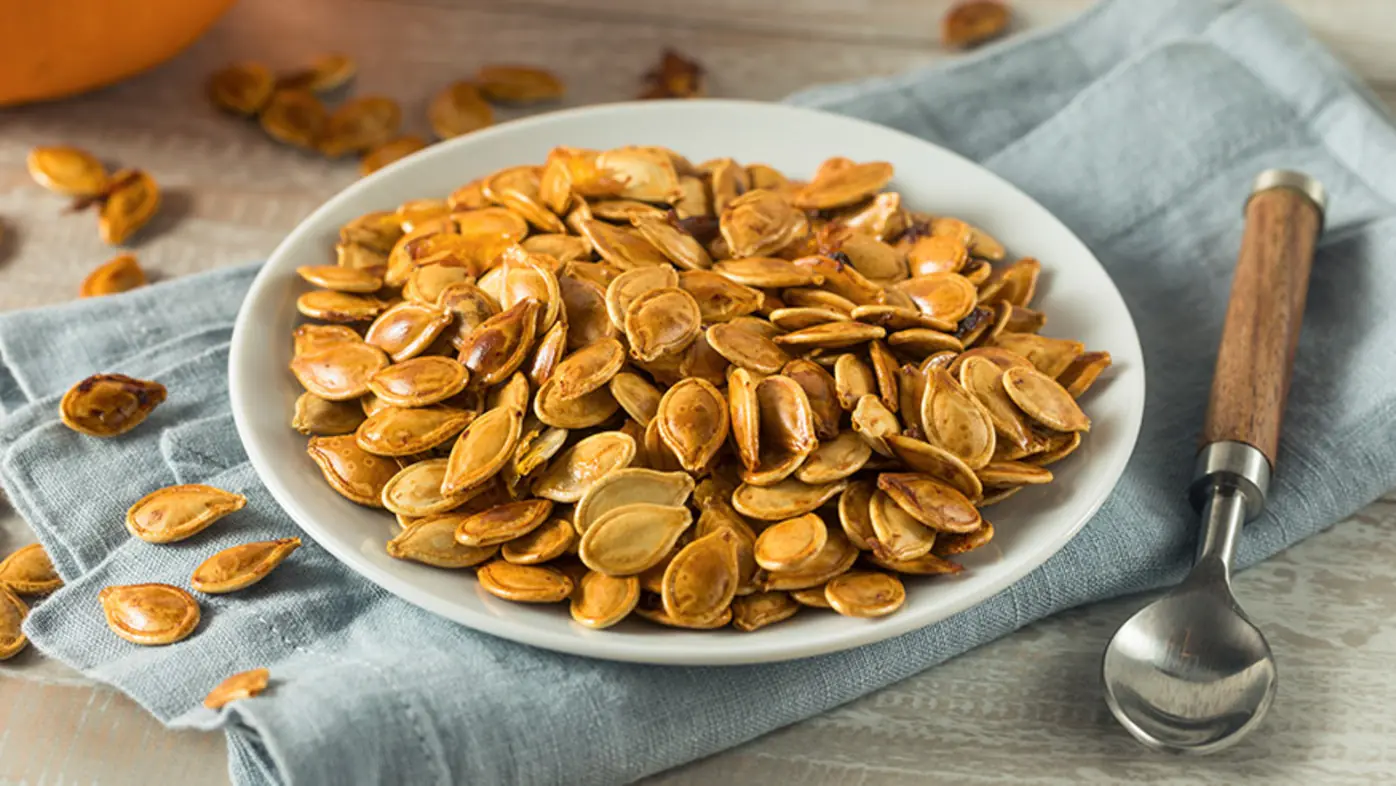
Scientifically Proven Benefits of Pumpkin Seeds (Pepitas) and Pumpkin Seed Oil
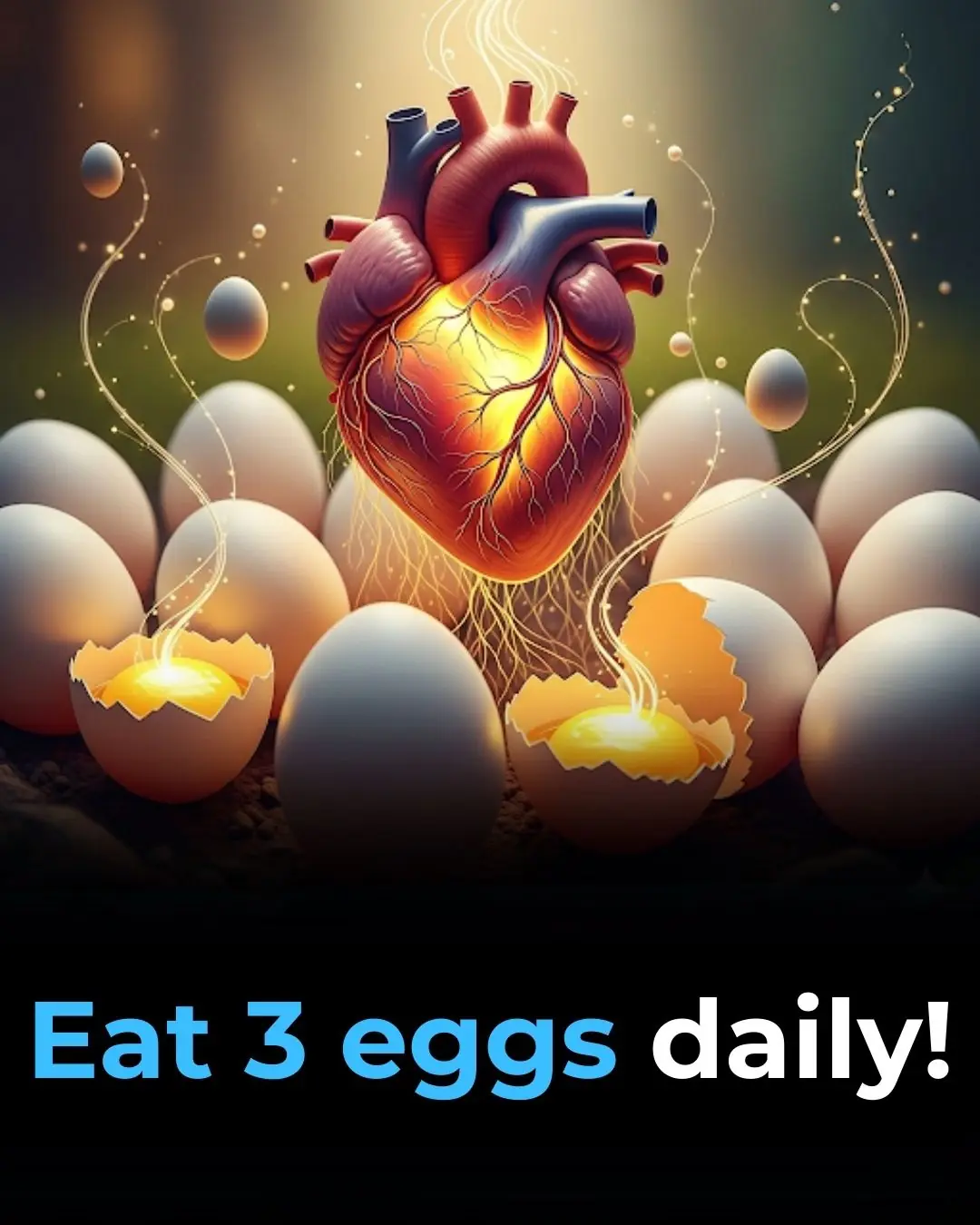
What Happens When You Eat 3 Whole Eggs Every Day…You’ll Be Surprised What It Does To Your Body!
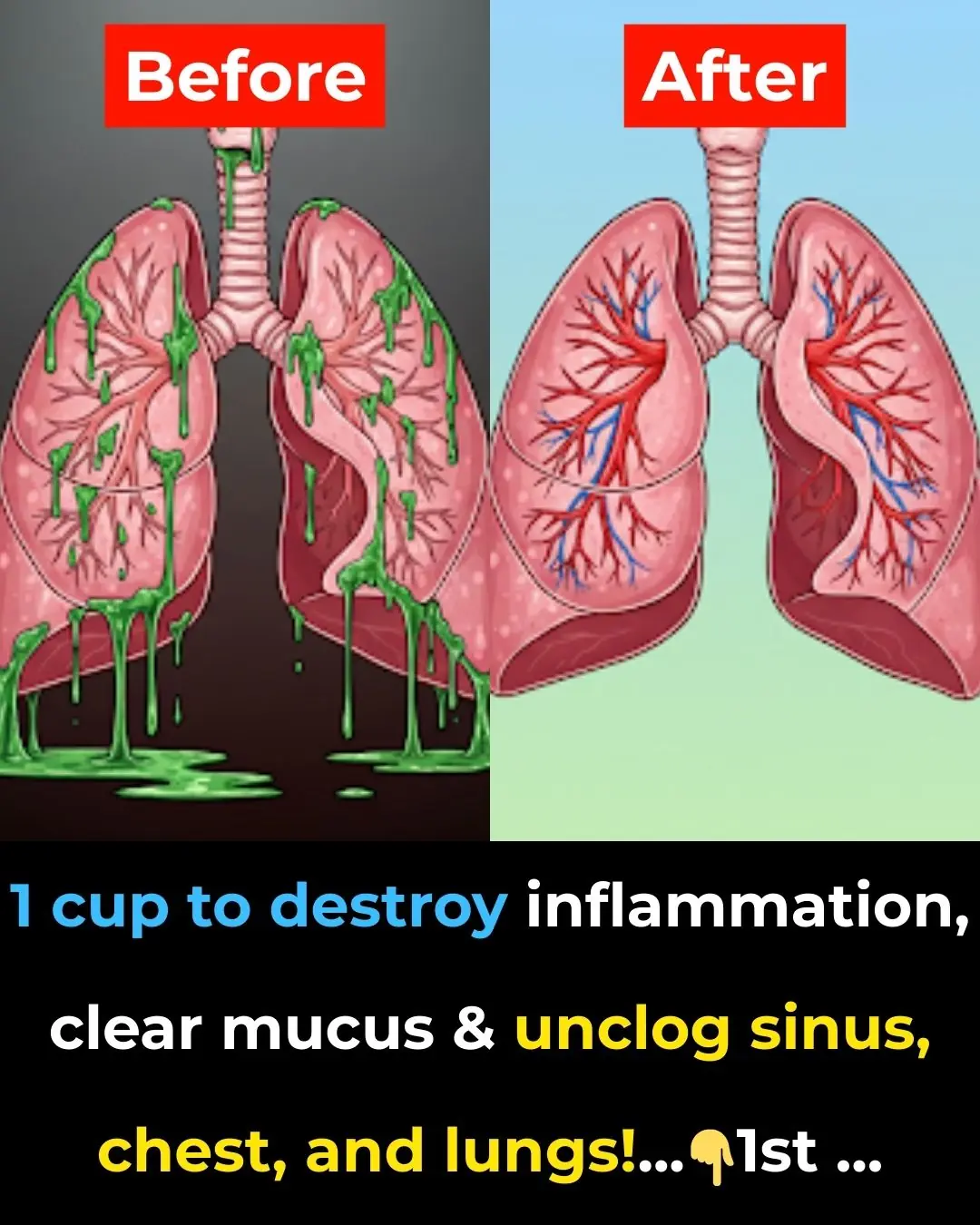
1 cup to destroy inflammation, clear mucus & unclog sinus, chest, and lungs!
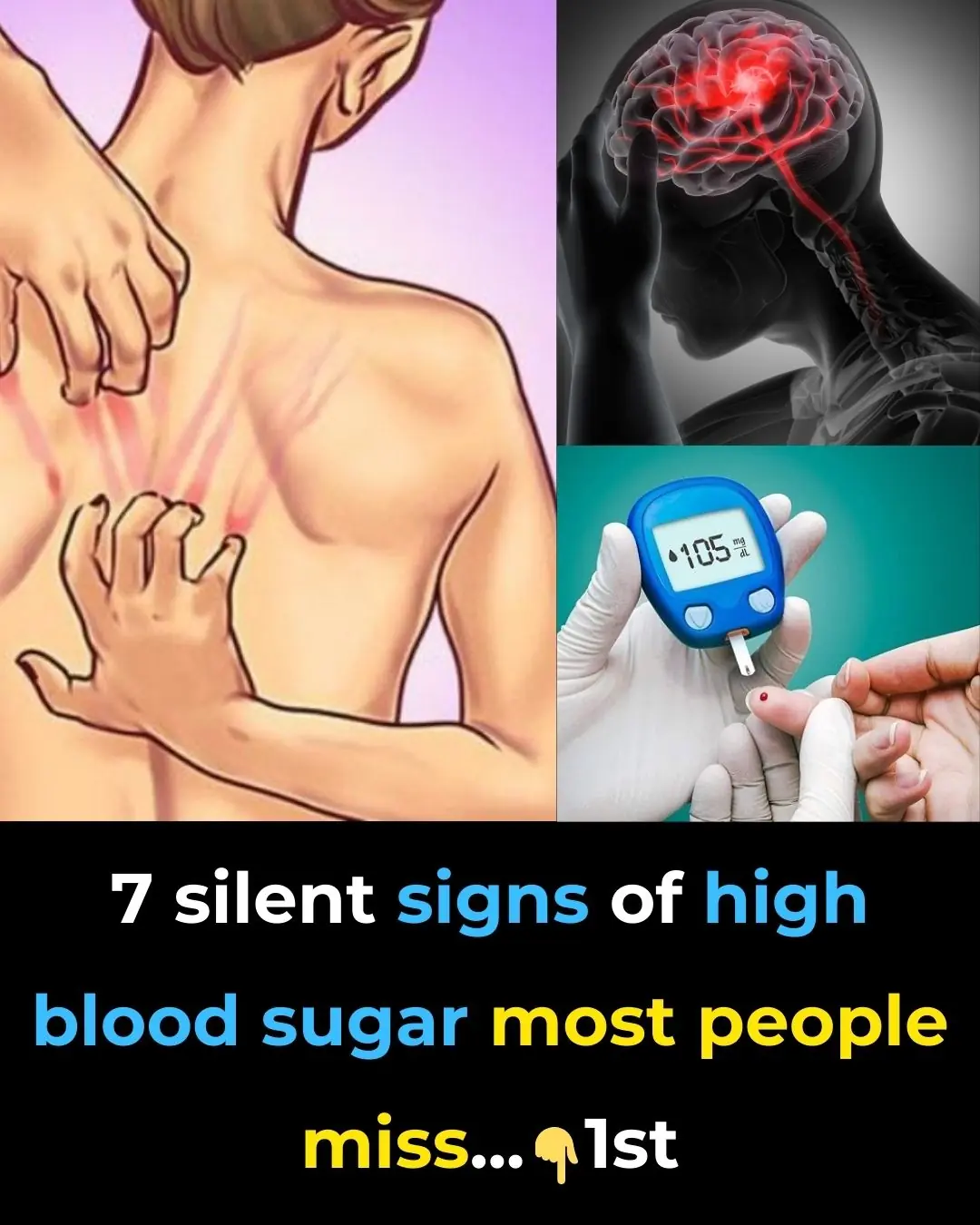
7 silent signs of high blood sugar most people miss

Every Time You Hold Back Your Anger, Your Brain Rewires Itself to Be Calmer And More Loving
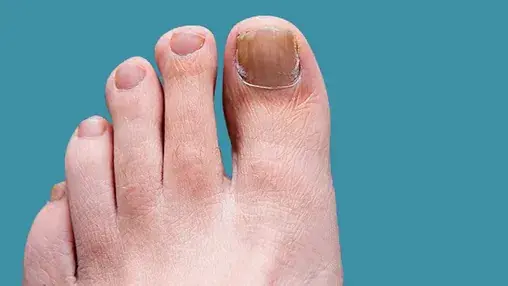
How to Prevent and Treat Toenail and Foot Fungus

Can Cold Water Hurt Your Stomach?
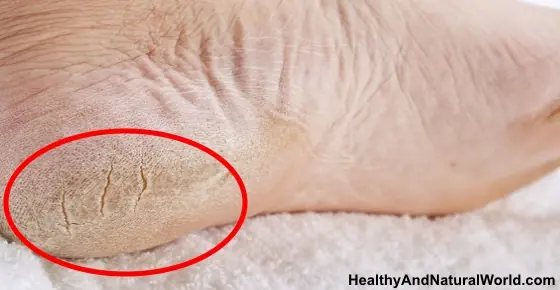
How to Get Rid of Dead Dry Skin on Feet

Why You Should Start Using Coconut Oil as a Toothpaste
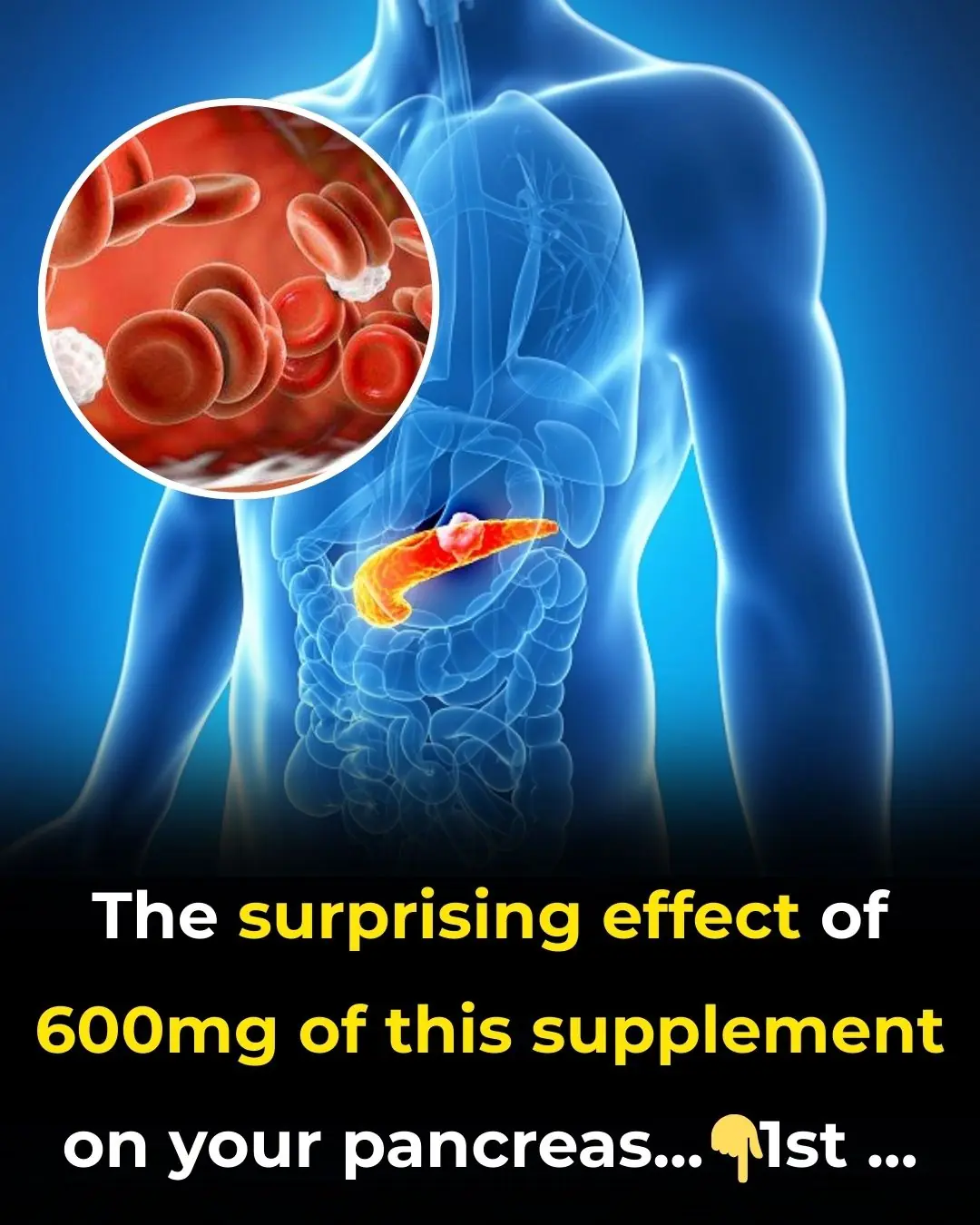
How 600mg of this supplement could transform your pancreas and insulin sensitivity!
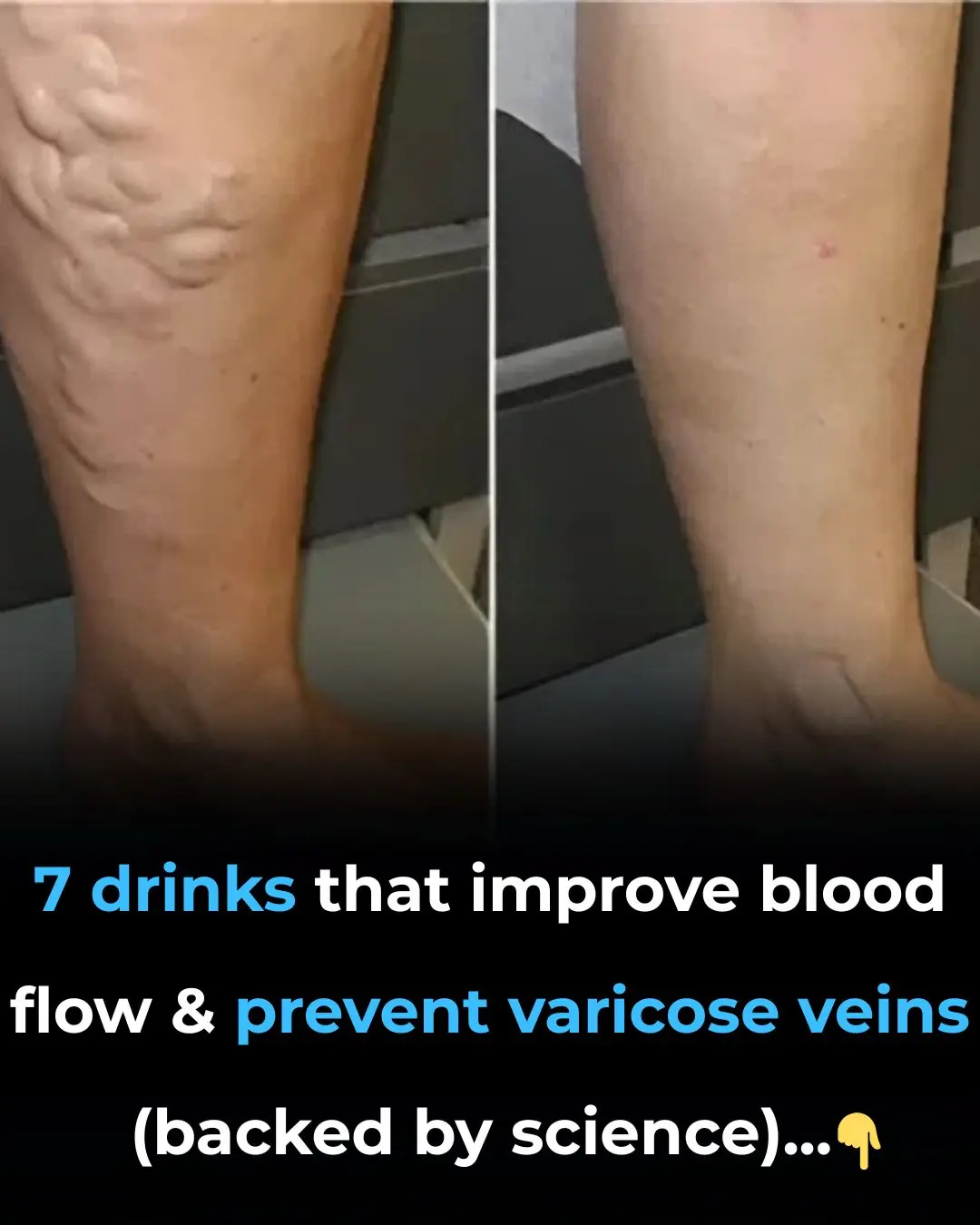
7 Drinks That Improve Blood Flow and Prevent Varicose Veins (Backed By Science)

This Ancient Detox Juice Fights Cancer And Helps Regenerate New Healthy Cells
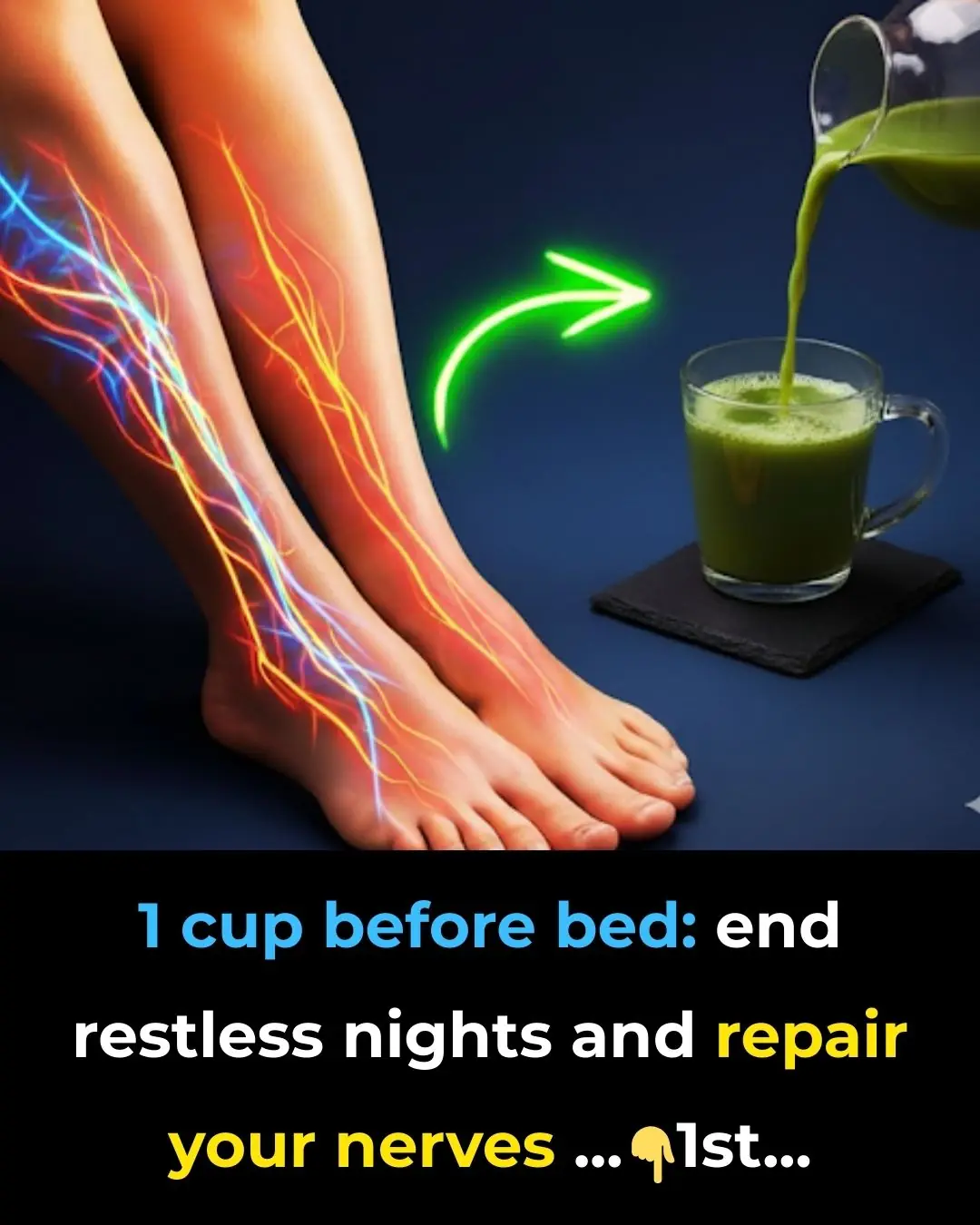
1 cup before bed: end restless nights and repair your nerves

Dogs Able to Sniff Out Parkinson’s Before Symptoms Appear
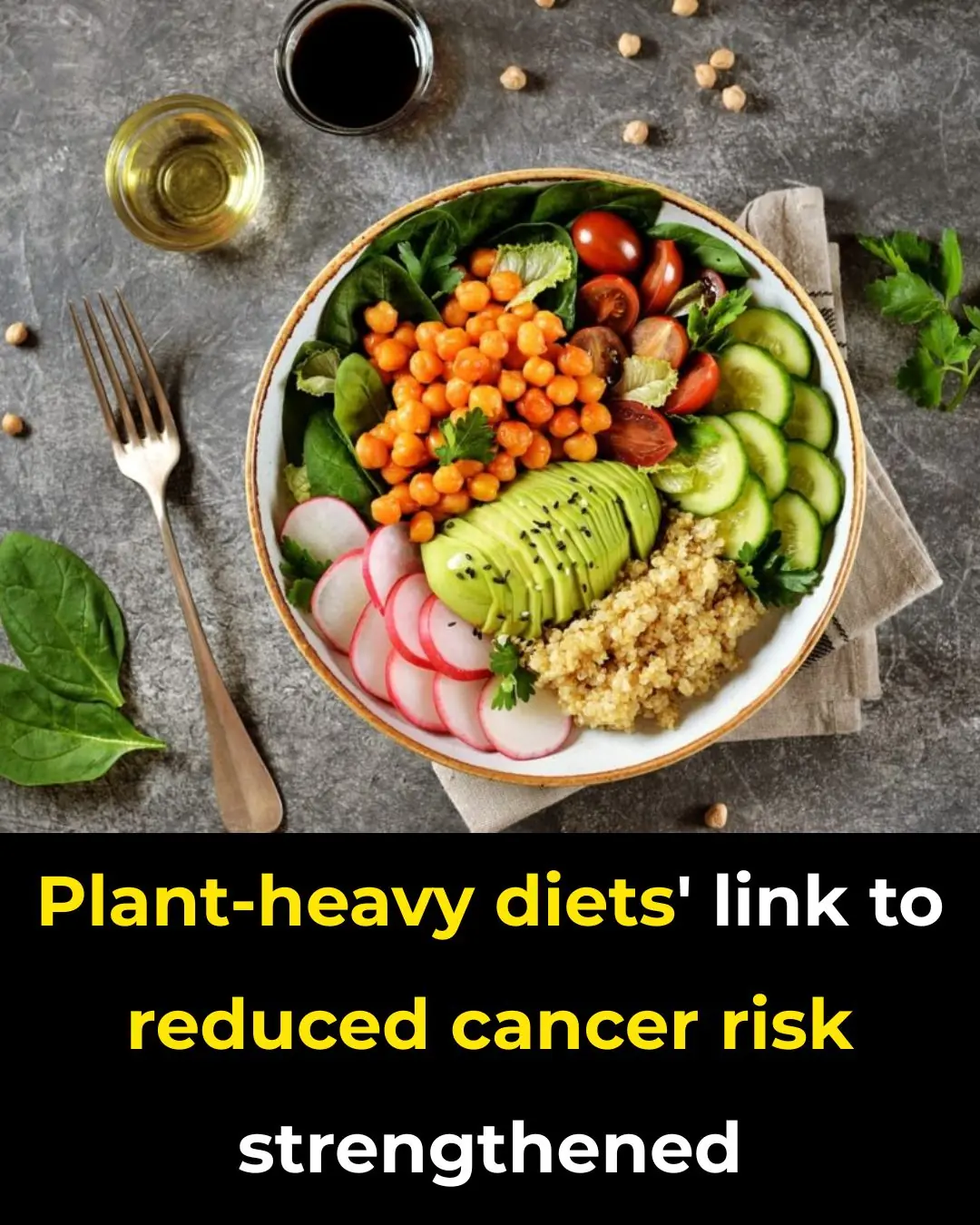
Plant-Heavy Diets’ Link to Reduced Cancer Risk Strengthened
News Post

The Best Home Remedies for a Sinus Infection

Stomach Pain and Nausea: Causes, Symptoms, and Treatments

Three-Day Lymphatic Cleanse to Keep You Healthy All Year Long

Three-Day Lymphatic Cleanse to Keep You Healthy All Year Long

Scientifically Proven Benefits of Pumpkin Seeds (Pepitas) and Pumpkin Seed Oil
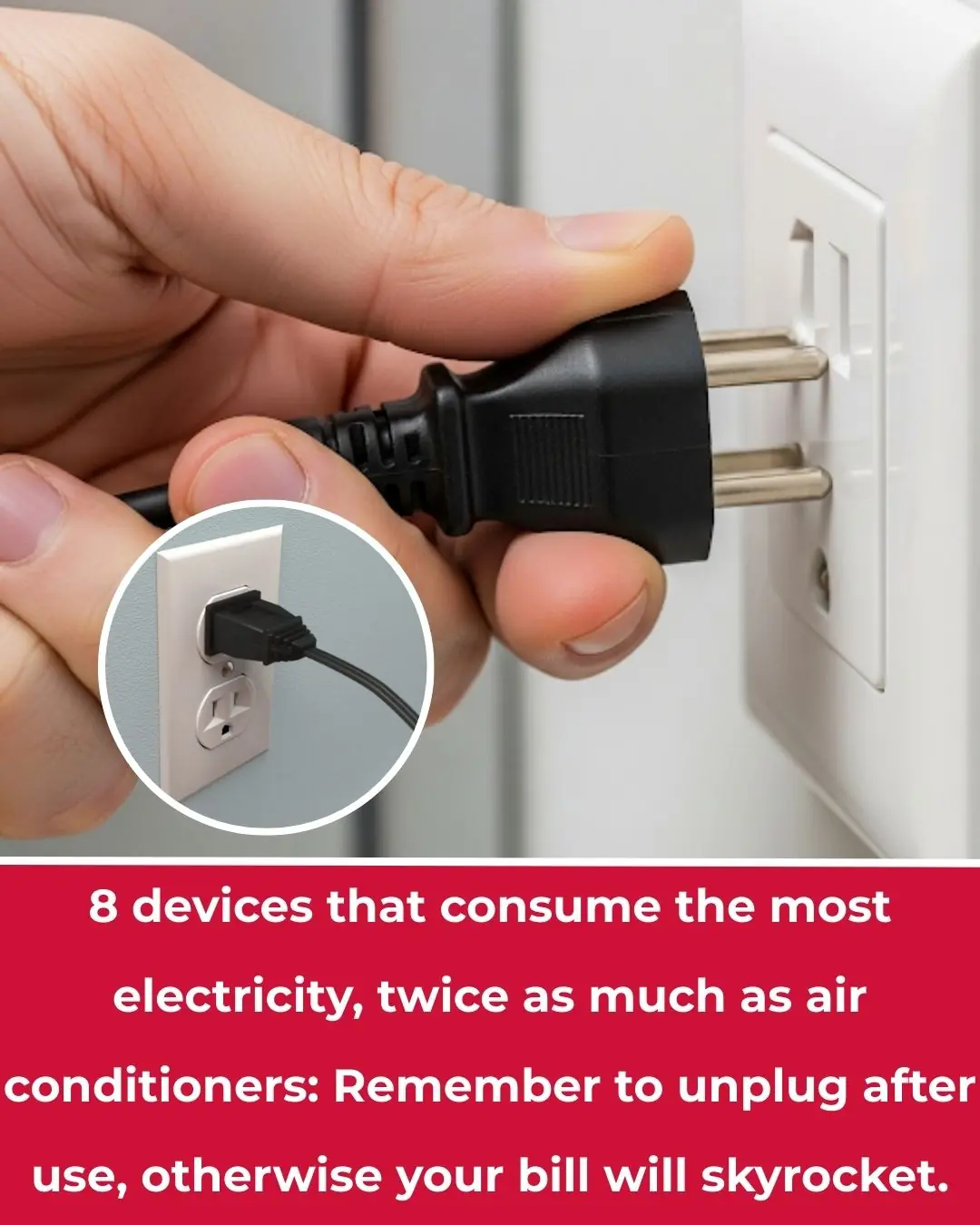
Top 8 Most Power-Hungry Devices, Using Twice as Much Electricity as Air Conditioners: Remember to Unplug After Use or Your Bills Will Skyrocket

Mosquitoes Fear This Simple Bowl of Water — Place It in Your Home, and Even the Most Persistent Mosquitoes Will Leave, Letting You Sleep Peacefully

Super Simple Toilet Cleaning Tip Using Just a Toilet Paper Roll Core and Vinegar

Do You Think Like an FBI Agent
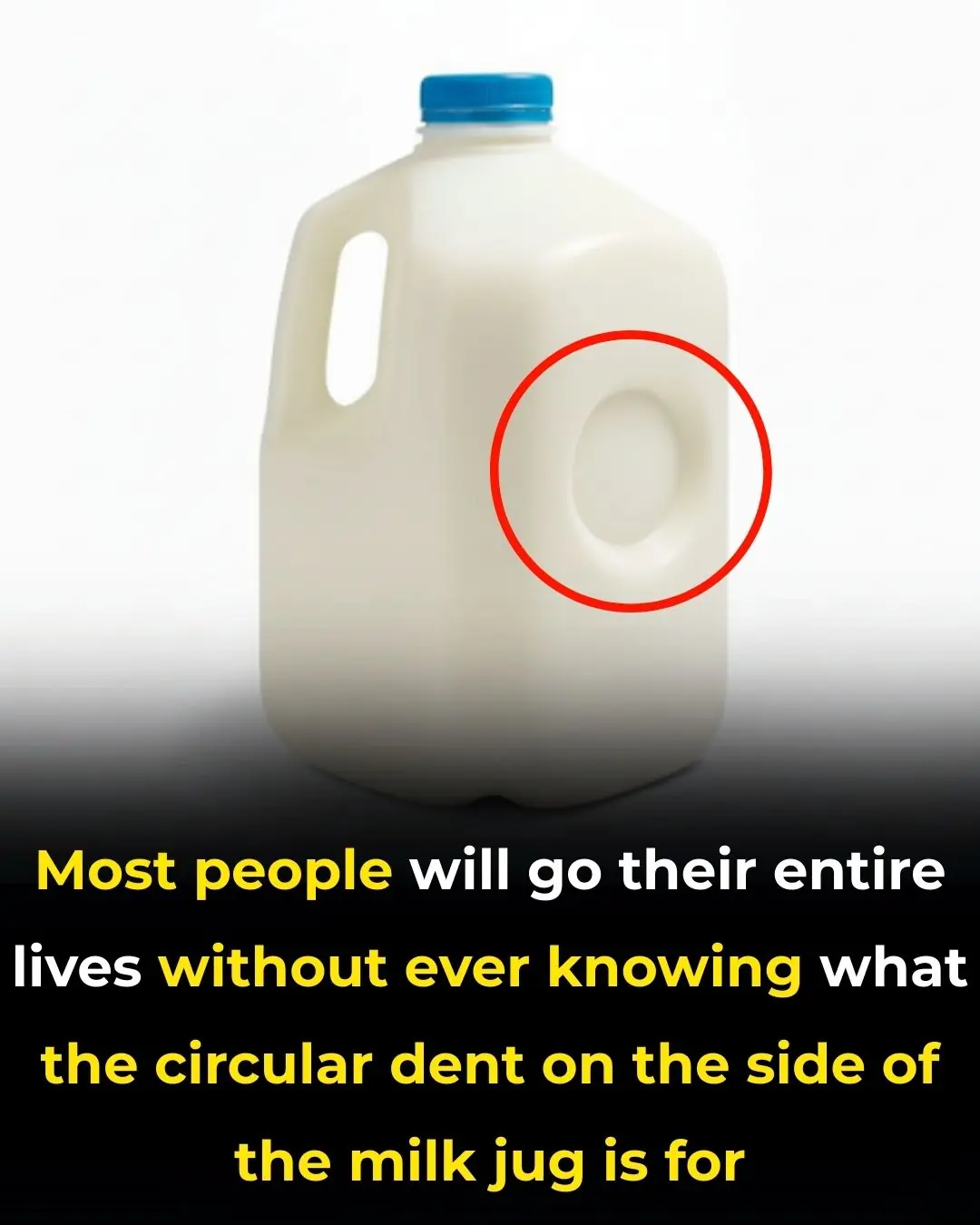
The Mystery of the Milk Bottle Dent

What Happens When You Eat 3 Whole Eggs Every Day…You’ll Be Surprised What It Does To Your Body!

What Your Favourite Chocolate Says About You

Think Bottled Water Is Safer Think Again

Saw This Trick For Oven Cleaning

1 cup to destroy inflammation, clear mucus & unclog sinus, chest, and lungs!

7 silent signs of high blood sugar most people miss

Every Time You Hold Back Your Anger, Your Brain Rewires Itself to Be Calmer And More Loving

Your Washing Machine Has a Special Setting That Dries Clothes Faster – Most People Don’t Know About It
